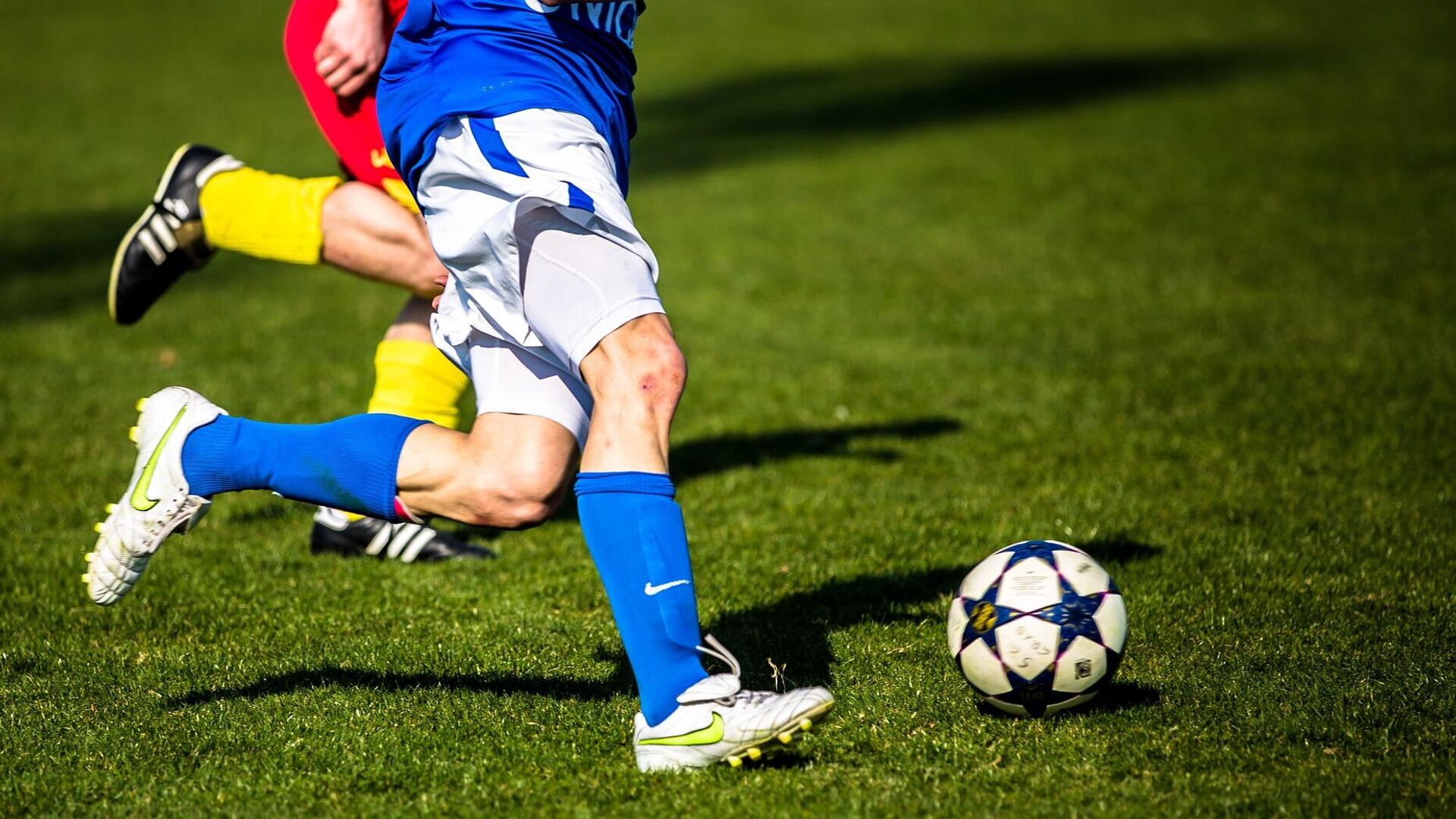
Antifootball. What does it mean?
Today we will reveal such a thing as anti-football. Even from a simple lexical analysis, it is clear that this is something that is opposite in meaning to football itself – a closed defensive game of a team that aims not to lose by drying up the match.
How to distinguish anti-football?
What is typical for this style of play of the club?
- Players build several defensive lines at their goal, making it as difficult as possible for the opponent’s attacks – using the “bus” tactic.
- Even if there is a possibility of a counterattack, the players do not leave their defensive positions, but prefer to simply kick the ball away without revealing themselves to the opponent. If they managed to move the game a little away from their goal, then they prefer to simply hold the ball sterilely without threatening the opponent’s goal.
- The use of “dirty” tricks: simulating injuries, delaying time when throwing the ball, substitutions.
- The use of small foul tactics, especially on the far approaches to the goal.
- A rough game to bring the enemy out of psychological balance, especially leaders.
- Slow down the pace of the fight.
- Low ball possession.
There are cases when anti-football is not typical for the whole team, but for the actions of one or more of its members. In this case, the above signs are typical for their actions.
When is anti-football used?
Let’s consider the cases when the “anti-football” tactic is applied in practice:
When a team is obviously inferior in class to another in order to neutralize the advantages of the opponent.
When the result of the game is very important, it is often used in conjunction with the first case.The coach is afraid or does not like to take risks, so he puts this style on the club.
Anti-football in modern football
With the increasing application of the science of information technology, football is becoming more tactical and organized. Now there are a lot of teams that spend a lot of time in defense, passing the ball to the opponent, but it’s very interesting to watch their actions while doing this – it’s like an art in its own right. Examples are Atlético Madrid Diego Simeone, Inter under José Mourinho. Someone will say that they show (showed) anti-football, and someone will admire such a game.
There is a big difference between anti-football and organized defense. After all, let’s be honest – the current TOP clubs can assemble two teams of stars, but how then can those who do not have such an opportunity compete with them? They focus on the skill of the coach, who can organize the actions of the roster in such a way as to neutralize the strengths of the enemy.
A recent example is Villarreal against Liverpool in the first leg of the Champions League semi-final. It is clear that the level of the players is not comparable, but Unai Emery used the only right tactics in that game to get the result, and if it were not for a bit of luck for the English in the first goal scored, who knows how it would have ended.
How to use in bets?
Let’s say a team with an organized defense that is obviously inferior in class plays away with a strong opponent.At the same time, it is reasonable to bet on a small number of goals in the game, especially if this is the first match of a two-round confrontation – after all, even having conceded one goal, the team will not run to recoup, knowing that even more can be conceded ahead of the second and ahead of it.
It is all the more correct to make such a bet when two rivals meet, who prefer not to take risks.
For example, a team playing indoor football lost in the first away match of the two-round cup stage to a stronger opponent. In this case, it is logical to bet on more goals scored – at home, the team will have to go forward and open up, and a classy opponent will most likely punish them.
